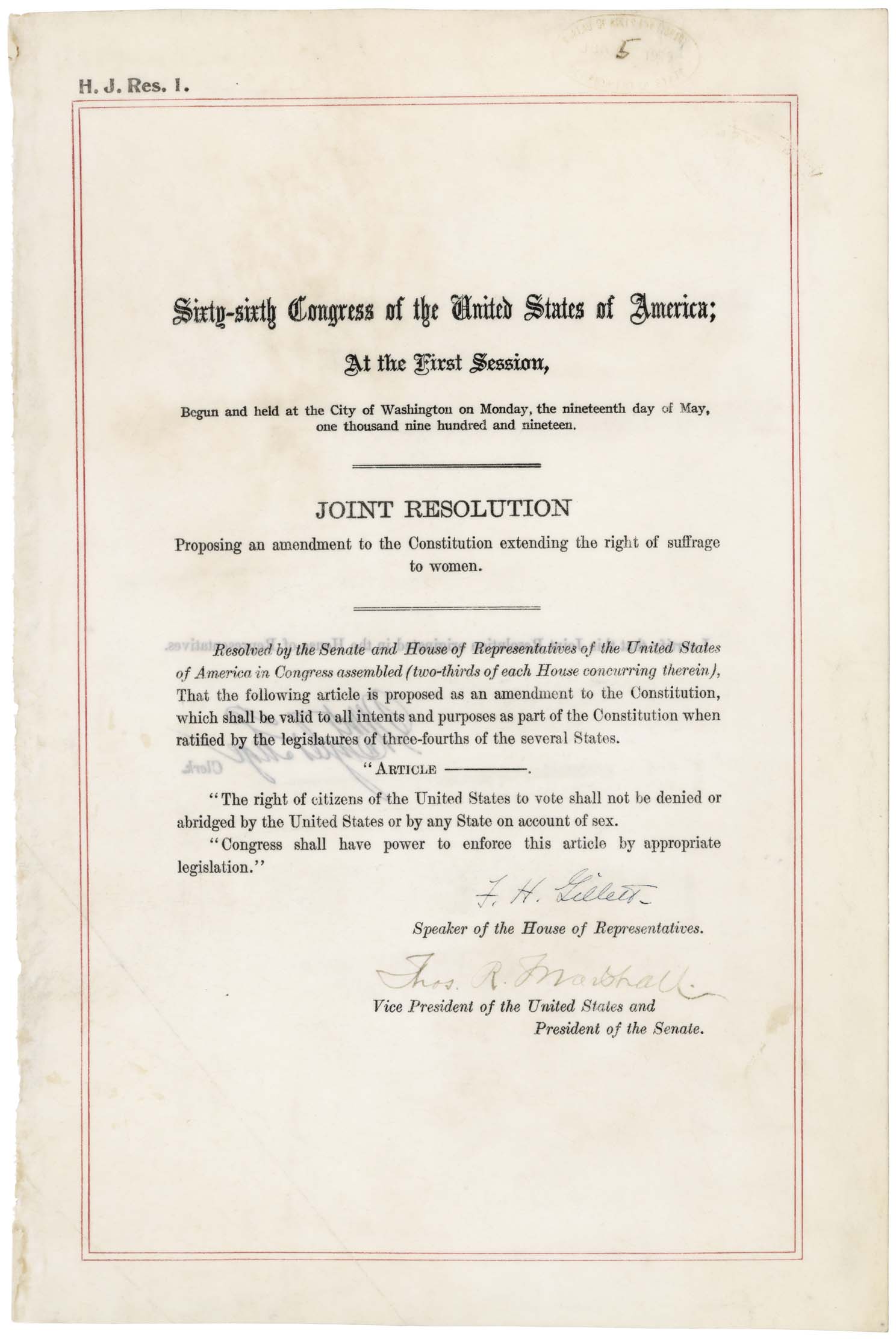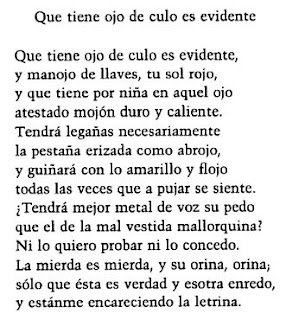Nida passed away last week, and his simple now-famous notion of Dynamic Equivalence is getting revisited as it's getting blogged about this week.
Somebody else passed away last week also, and I want to blog about her this week. In this post, I'd like to blog about her understandings of translating too. What Nida wrote and propagated, so reductively, worked against her practices some. So please stay tuned for more on this person and her translation work after we review Nida.
In the interests of trying to keep this post as brief as possible, let me just focus on "reductive" with respect to "translation." Nida wrote,
"[T]here are fundamentally two different types of equivalence [in translation]: one which may be called formal and another which is primarily dynamic."Nida is writing as if there is, fundamentally, reductively, just one choice. Notice the "either / or" binary:
EITHER (A) translation is a "formal equivalence . . . concerned with such correspondences as poetry to poetry, sentence to sentence, concept to concept," and "[t]he type of translation which most completely typifies this structural equivalence might be called 'a gloss translation,' in which the translator attempts to reproduce as literally and meaningfully as possible the form and content of the original."This is from Nida's book, Toward a Science of Translating with Special Reference to Principles and Procedures involved in Bible Translating, in his chapter "Principles of Correspondence," where he writes a section he entitles "Two Basic Orientations in Translating," on page 159. Earlier in the book, Nida had already begun to develop his now-famous theory as the opposite of "formal equivalence." Here is the title and first paragraph and first "toward-a-science-of-translating" figure of this chapter (on pages 120-21):
OR (B) there is, "[i]n contrast, a translation which attempts to produce a dynamic rather than a formal equivalence [which] is based upon 'the principle of equivalent effect' (Rieu and Phillips, 1954) . . . and aims at complete naturalness of expression, . . . tries to relate the receptor to modes of behavior relevant within the context of his own culture[, and] . . . does not insist that he understand the cultural patterns of the source-language context in order to comprehend the message."
"THE DYNAMIC DIMENSION IN COMMUNICATION
Language consists of more than the meanings of the symbols and the combinations of symbols; it is essentially a code in operation, or, in other words, a code functioning for a specific purpose or purposes. Thus we must analyze the transmission of a message in terms of a dynamic dimension. This analysis is especially important for translating, since the production of equvalent messages is a process, not merely of matching the parts of utterances, but also of reproducing the total dynamic character of the communication. Without both elements the results can scarcely be regarded, in any real sense, as equivalent."
The figure, ironically enough, is Nida's symbol or set of pure symbols by which he's explaining, again reductively, how language is "more than the meanings of the symbols and the combinations of the symbols." Nida is reducing language to a very reductive model of "communication." And this is his main point. This is his main need: to get rid of and to provide an alternative for what he calls "formal equivalence." His main point is that the Bible can be reduced to a message and that all the rest, the symbols and their combinations and their meanings, is just fluff. A message, dynamically, then is equivalent to "The Communique of God." The Communique of God should come to you, whatever language you read, with "complete naturalness of expression," with "modes of behavior relevant within the context of [your] own culture," and without requiring "that [you] understand the cultural patterns of the source-language context in order to comprehend the message." It's as if Nida is saying, Forget the context of the Jews and their source languages; in your own natural expressions in the context of your own culture, then, comprehend the message.
Now, I already mentioned that somebody else died last week. Her name is Eunice Victoria Pike. She was an R.N., a Registered Nurse by professional training. She was also a linguist, a literary one, who loved the Bible and worked on its translation. She wrote a biography of her much more famous brother, Kenneth Lee Pike, and maybe that's how you might of heard of them. Together, they co-authored a book on translation and on language entitled, Live Issues in Descriptive Linguistics. Here's their pictures (the two youngest on the left with their other siblings, and then the two together a few years later) from Eunice's biography of Ken:
Ken would talk about how much in debt he was to Eunice, how much he learned from her (I know, because I heard him so talk in his home, when she was there, and in the classroom, talking about his theory of language and of translation, when she was not present). I learned from her too in the lecture halls, while doing an M.A. in Linguistics at the University of Texas at Arlington but going to the SIL campus in Dallas from time to time. Last week, there was a sweet memorial service for her, not many attending at all, just Eunie's closest friends and her sister-in-law Evelyn. The obituary has still not been published for her, and there won't be any mention of her on the websites of the United Bible Society or of Christianity Today. Bloggers won't be remembering her influence on them or won't be arguing that her work is to be regarded as important.
You can find online how Valentina Pavlovna Wassona and R. Gordon Wasson published one of Eunice Pike's helpful letters to them in their book Mushrooms, Russia, and History: Volume II. If you read it for yourself, you'll read how much they learned from Pike about mushrooms, about how she herself learned from others by listening and by interacting. This reminded me of what she wrote for a larger audience in her book, An Uttermost Part, in the chapter, "Jehovah," in which she tells the story of letting the new testament, as a boy was reading it (right at I John 4:1), explain "that visions received through the hallucinatory mushroom were not messages from Christ" even though "[m]ost Mazatecs assumed [through syncretistic lore] that they were" (page 105).
Now that I've started you listening to some of the stories, why not listen to a few more "lived issues" in the descriptive linguistics and translation work of Pike? She writes, in her book Words Wanted, of actually working with Nida to check her translation from Greek into Mazatec.
"Dr. Nida sat with the Greek and the Spanish New Testament in front of him, and I with the Mazatec. My job was to look at the Mazatec and give him a quick literal translation into English. He compared what I said with the Greek, asked questions, and agreed or disagreed.It may sound as if Nida's corrective of Pike was one that she followed absolutely and without questioning. However, if you keep reading, then you do hear in her story some of her reluctance on the very next page:
Among other things he pointed out that we had translated a number of Greek metaphors rather than the specific words. One example was found in Acts 14:8. 'Being a cripple from his mother's womb' was the Greek expression, but no Mazatec ever says that. 'Ever since he was born,' Dr. Nida suggested. He emphasized the fact that it was the message we were supposed to get across, not just words" (page 96).
"We could even apply the suggestions Dr. Nida had made for the Book of Acts. Well -- (sigh) -- O.K. We would change [to make some revisions]" (page 96)Her view of language, of translation, is far more robust than his reductive notion is. She saw the Greek in the book of Acts as meaningful, as important to learn from, even for an English reader. Could the Greek letters and words and phrases be reduced to a message? Did it have to merely and so baldly mean simply and only this message: "Ever since he was born"? Doesn't this translating rob the mother of her biology, of her womb, of her body? And should the Mazatec then literally now equal the English, which only dynamically equaled then the Greek? Do you see the problems that Nida's reductive either/ or approach causes?
As evidence of how much more astute Pike was about language than Nida, let's look at other things she observed. She learned from her Mazatec-speaking friends that men, not women, will "whistle-talk." This whistle-talk was not with speech, not with words, but was with the "symbols" of pitch. The whistle-talk, moreover, was not a whistled song. "A whistled song was smooth, almost continuous, whereas whistle-talk was punctuated with pauses [with pitches that] were limited [and was] slower and more stately than music." She bemoaned the fact that she herself had never learned to whistle, not even a song. But she laughed that being a woman gave her a pass:
"The only thing that saved me from being completely outclassed was the fact that in Mazatec culture women were not supposed to whistle. They understood the men's whistle-talk, but unless they were tomboys they responded verbally [i.e., with spoken words, phrases, clauses, and sentences]" (page 30).And Pike, a woman, learned whistle-talk, from a woman, no less:
"Ida was a tomboy, and she was not the least bit ashamed of whistling. With her help we learned to recognize and approximate, 'Come here,' 'What do you want?', and a few other frequently used expressions. Much of her teaching was done while we were walking, and I did pretty well on the level part of the trail, but after we had climbed a little while, I quit trying. Ever-impatient Ida wanted to know why. I told her that I had not any breath. She chuckled and turned to her friend, 'Poor thing. She left her breath down the path. God down and get it for her" (page 30).Notice several things from this story about Pike and her robust, non-reductive view of language and of translation:
- She acknowledged sociolinguistic differences between men and women in speech acts.
- She did not require women to obey the men's rules for whether woman could whistle-talk or not.
- As a woman, she learned from another women to do only what men were to do.
- The whistle-talk was full of discernible emic (insider) symbols and form and forms.
- A merely dynamic equivalence of whistle-talk as only a message to be communicated would lose much meaning and much social interaction.
- Communication, a message, was important in whistle-talk, but it wasn't the only important thing to be learned, performed, or translated.
- She was humble, a learner, and relied on friendly people to teach her the significances of language.
- She laughed and enjoyed word play and engaged in humor through puns and indirect and robust messages that were infinitely dimensioned.
- She appreciated language as translatable, as messageS, as multi-modal, as varied within any given mode, as social, as gendered, as feminist-resistances, and on and on.
Lest we get so formulaic with these enumerations, let me give just one more story from Pike (and there are, oh, so many in the books I've already mentioned by her). Here's the one in which she pays attention to learning and to teaching and to collaborative learning in Mazatec and its translation. Listen, enjoy:
"[T]he subject [among us women] changed to the apron I was wearing. It was a plastic apron, and one of the women asked me what it was called. I was always startled when they asked me the name for something in Mazatec. I was the one who was trying to learn their language, and it had not occurred to me that I could teach them any of it. I answered with a word I thought appropriate, [the Mazatec phrase for] apron.So what did she learn? How did she theorize language and practice translation? And what do you learn from Pike that Nida's reductive model would not allow?
'Is that cloth?' asked one of the women and felt it. Then I remembered that the parts that made up the [the Mazatec] word apron meant, 'cloth-put-against.' No, it was not cloth -- so what should it be called? The women discussed the problem. First they wanted to know what it was actually made of. They did not have a word for plastic, so the best I could dos was to tell them that it was something like rubber -- the word they used when describing any waterproof material. The women tried out the combination 'rubber-put-against' but they rejected it. Finally, a bit hesitatingly, they agreed on 'cloth-put-against-which-is-rubber,' that is, a 'rubber apron.' That little incident helped me to see that the original meaning of word parts (like cloth) can be lost when the broader meaning of the compound has become well established. Little hint like that helped me to be patient with visitors -- I was constantly learning from them -- and encouraged me to go calling" (page 33).




















